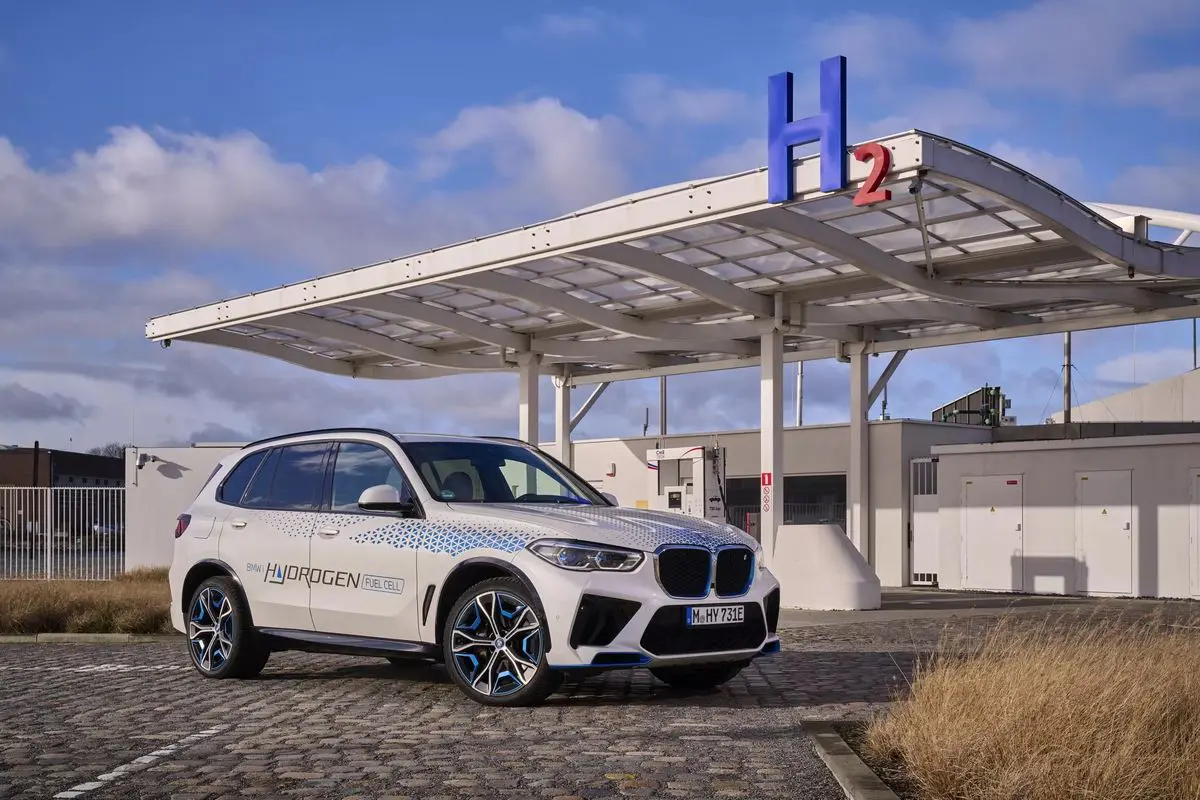
Toyota Motor Corporation and the BMW Group have signed a memorandum of understanding to strengthen their collaboration in the hydrogen field toward the realization of a carbon-neutral society. The two companies will cooperate in the development of fuel cell systems and the establishment of hydrogen infrastructure, accelerating the creation of a hydrogen society. BMW plans to start production of its first mass-produced FCEV in 2028.
ADVERTISEMENT
ADVERTISEMENT
Expanding fuel cell vehicle options based on more than 10 years of collaboration
Toyota and BMW have been collaborating in the field of environmental technology since 2011, and this latest agreement will further deepen their collaboration. The two companies will jointly develop third-generation fuel cell systems and install them in their respective models, offering customers a wider range of fuel cell vehicle (FCEV) options.
ADVERTISEMENT
ADVERTISEMENT
2028: BMW’s first mass-produced FCEV will be released
As a specific initiative, BMW plans to start production of the first mass-produced FCEV in 2028. The two companies will also work to create synergies through cooperation in development and procurement, reduce costs by integrating powertrain units, and expand demand for commercial and passenger use, thereby contributing to the realization of a hydrogen society by making FCEVs a more familiar option.
Development vehicle iX5 Hydrogen
The BMW iX5 Hydrogen was first revealed as a concept at the 2019 IAA auto show, and while many automakers have abandoned plans for hydrogen powertrains over the past few years, BMW still believes it will play a key role.
BMW has been developing the iX5 Hydrogen model for four years.
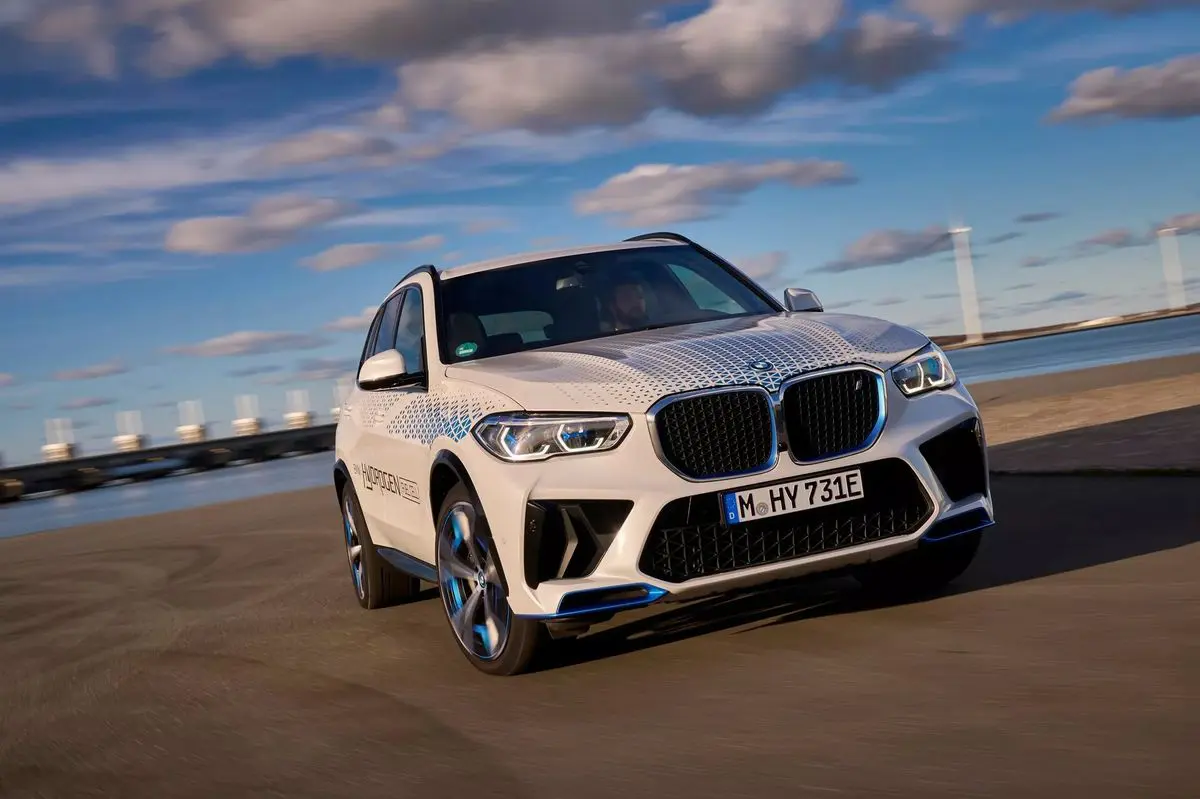
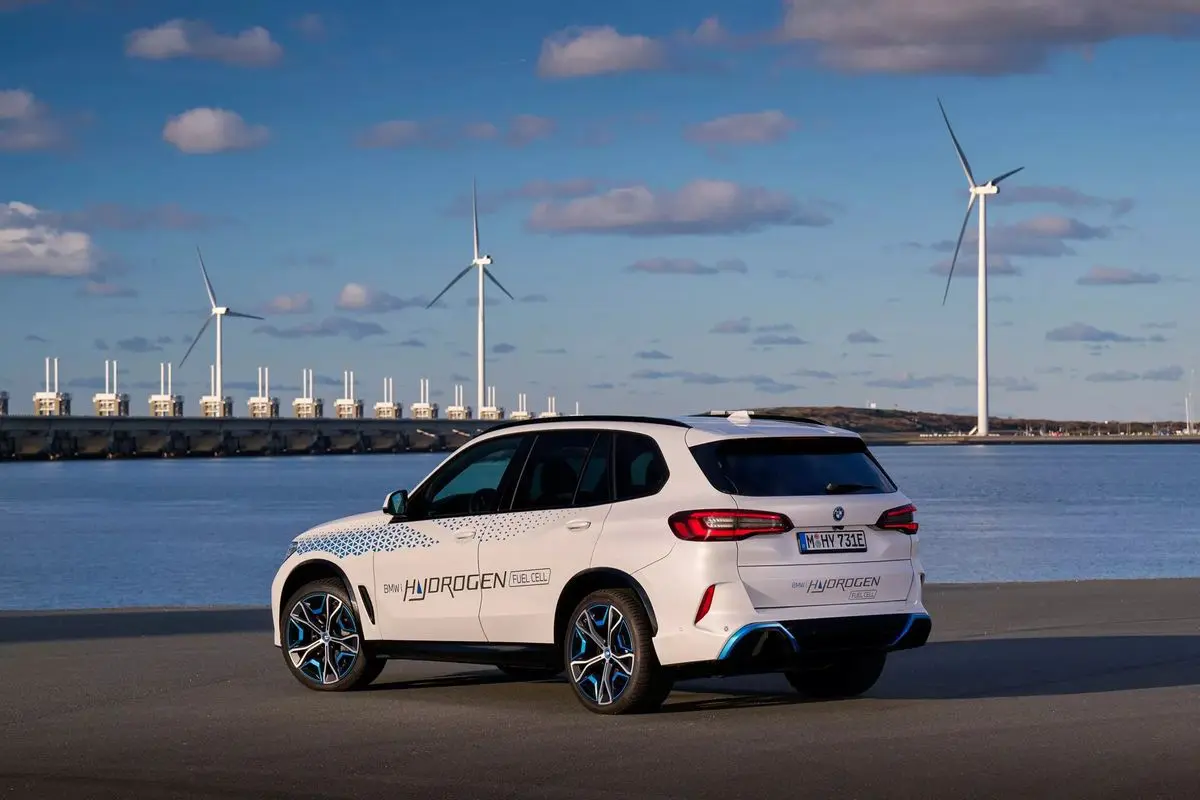
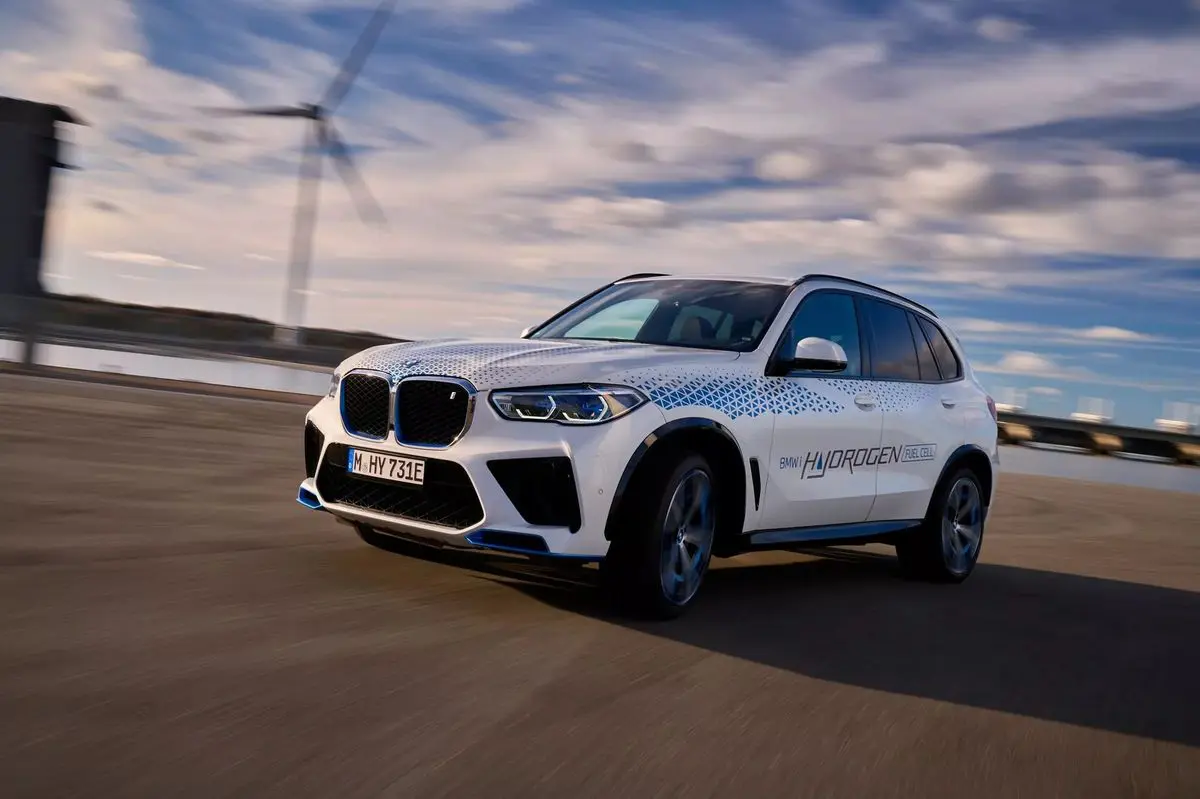
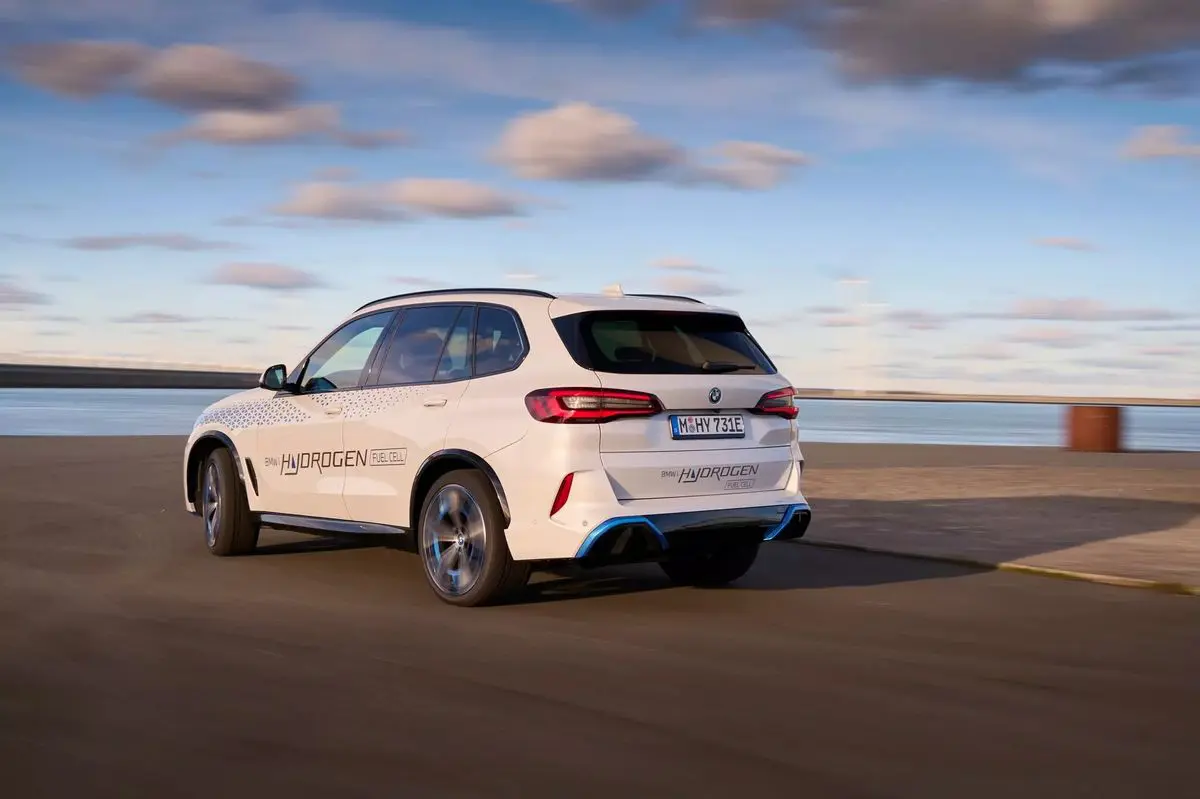
BMW iX5 Hydrogen
ADVERTISEMENT
ADVERTISEMENT
Towards building a sustainable hydrogen supply network
Collaboration with many partners is essential to realizing a hydrogen society. Toyota and BMW will create demand for hydrogen and work with hydrogen production and supply companies to develop infrastructure, ensure a stable supply of hydrogen, and reduce costs.
ADVERTISEMENT
ADVERTISEMENT
Comments from Toyota and BMW executives
Toyota President Sato said, “We are pleased to strengthen our collaboration with BMW. We will cooperate in areas such as jointly developing next-generation fuel cell systems and expanding infrastructure to realize a hydrogen society.”
“This is a milestone event in automotive history. Driven by the power of hydrogen and this collaboration, we are demonstrating how technological advances will shape the mobility of the future,” said BMW Chairman of the Board of Management Zipse.
ADVERTISEMENT
ADVERTISEMENT
Toyota focuses on hydrogen to achieve carbon neutrality
Toyota regards hydrogen as an important energy source in its efforts to achieve carbon neutrality, and is working on it in each of the areas of “production, transportation, storage, and use.” Going forward, Toyota will continue to offer a variety of options, such as FCEVs, electric vehicles (BEVs), hybrid vehicles (HEVs), and plug-in hybrid vehicles (PHEVs), to meet the needs of customers in each region, and work to reduce CO2 emissions.
A word from the editorial department
The strengthening of the partnership between Toyota and BMW marks a major step towards the realization of a hydrogen society. It is expected that the efforts of the two companies will accelerate the creation of a sustainable mobility society.
Toyota News Release
https://global.toyota/jp/newsroom/corporate/41463572.html
Toyota
BMW
